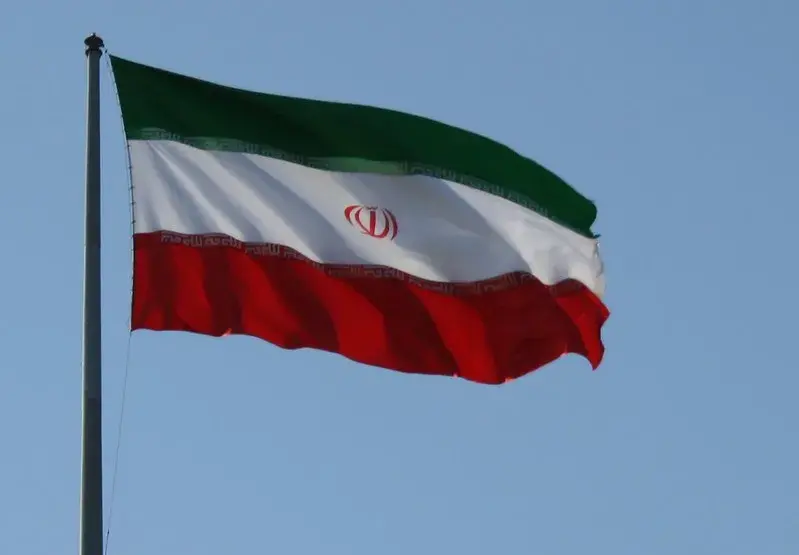France, Germany, Britain, and the United States collectively criticized Iran’s recent acceleration in the production of highly enriched uranium.

This surge in enrichment levels, reaching close to the purity required for nuclear weapons fuel, drew severe censure from the allied nations. In a joint statement, they highlighted the lack of credible civilian justification for Iran’s heightened uranium production.
The allies refrained from outlining specific repercussions for Iran’s actions. Instead, they called for an immediate reversal of this decision while maintaining their commitment to resolving the ongoing dispute through diplomatic channels. The statement emphasized concerns about Iran’s reckless behavior, particularly within the already tense regional context.
Amid these developments, tensions in the region have been markedly increasing, attributed in part to Iran-backed groups ramping up attacks. Notably, these attacks targeted shipping in the Red Sea and U.S. troops in regions such as Iraq and Syria. This rise in hostilities coincided with Israel’s military operation in response to aggressive actions by Hamas militants on October 7th.
The International Atomic Energy Agency (IAEA) reported Iran’s notable acceleration in the production rate of highly enriched uranium. This development, reversing a months-long slowdown, prompted immediate condemnation from the collective statement of the four nations. They denounced Iran’s actions, labeling them as contributing to an alarming escalation in Iran’s nuclear pursuits.
Despite the IAEA’s findings, Iran downplayed the significance of the report, dismissing it as not presenting any new information. Iran continued to assert that its nuclear program operated within established rules and guidelines.
The report by IAEA underscored that Iran possesses enough uranium, enriched to 60% purity, which if further enriched to 90%, could yield three nuclear bombs, according to the theoretical estimates provided.
Britain, France, and Germany, as signatories to the 2015 nuclear deal aimed to prevent Iran from advancing its nuclear weapons program, , remain committed to the agreement’s objectives.. However, the withdrawal of the United States from the agreement in 2018 under the administration of former President Donald Trump prompted Iran to gradually breach its stipulations.
These recent developments have once again highlighted the complex dynamics surrounding Iran’s nuclear program, sparking concerns about its implications on regional stability and international efforts to curb nuclear proliferation.







